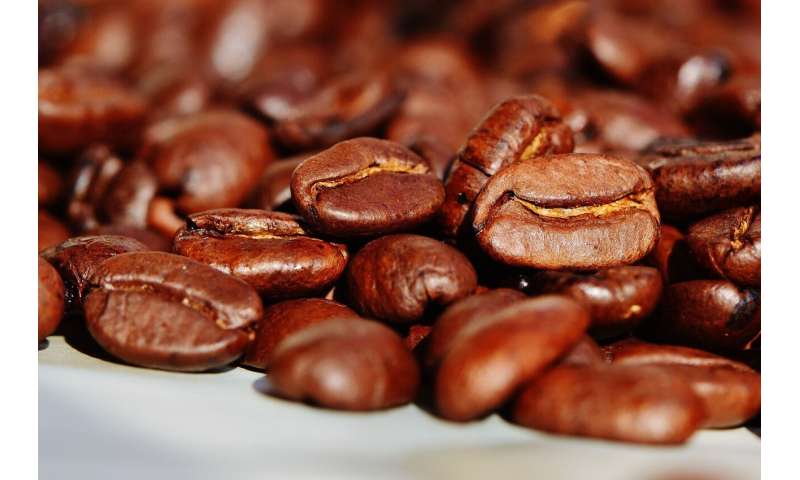Coffee bean extracts alleviate inflammation, insulin resistance in mouse cells


When coffee beans are processed and roasted the husk and silverskin of the bean are removed and unused, and often are left behind in fields by coffee producers.
Food science and human nutrition researchers at the University of Illinois are interested in the potential of inflammation-fighting compounds found in the silverskin and husk of coffee beans, not only for their benefits in alleviating chronic disease, but also in adding value to would-be “waste” products from the coffee processing industry.
A recent study, published in Food and Chemical Toxicology, shows that when fat cells of mice were treated with water-based extracts from coffee beans skins, two phenolic compounds—protocatechuic acid and gallic acid—in particular reduced fat-induced inflammation in the cells and improved glucose absorption and insulin sensitivity.

13 Comments
Comments are closed.